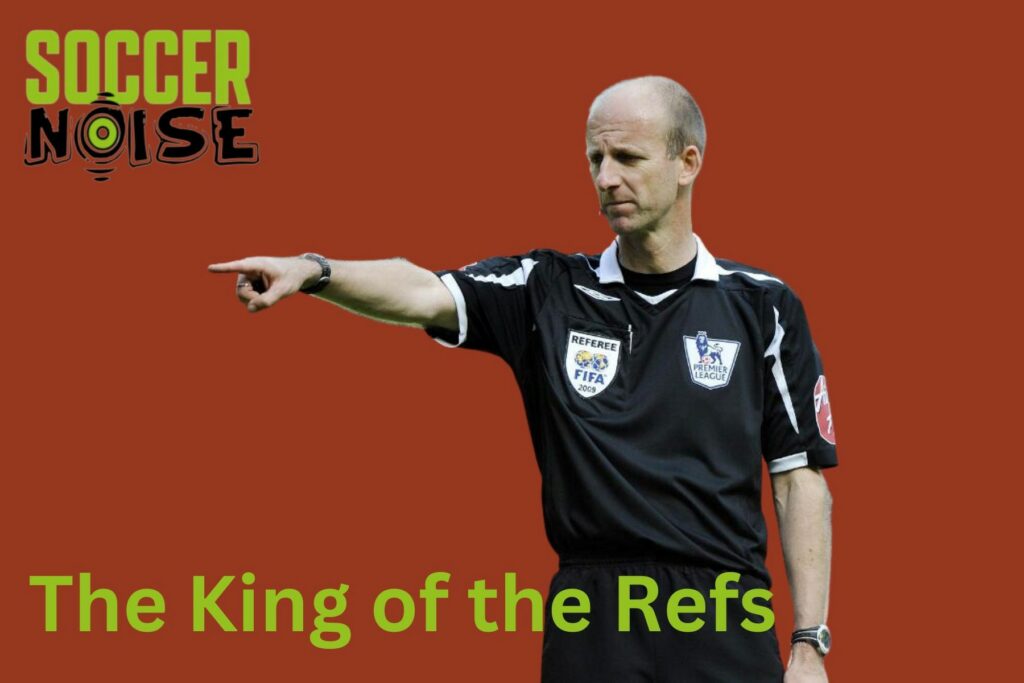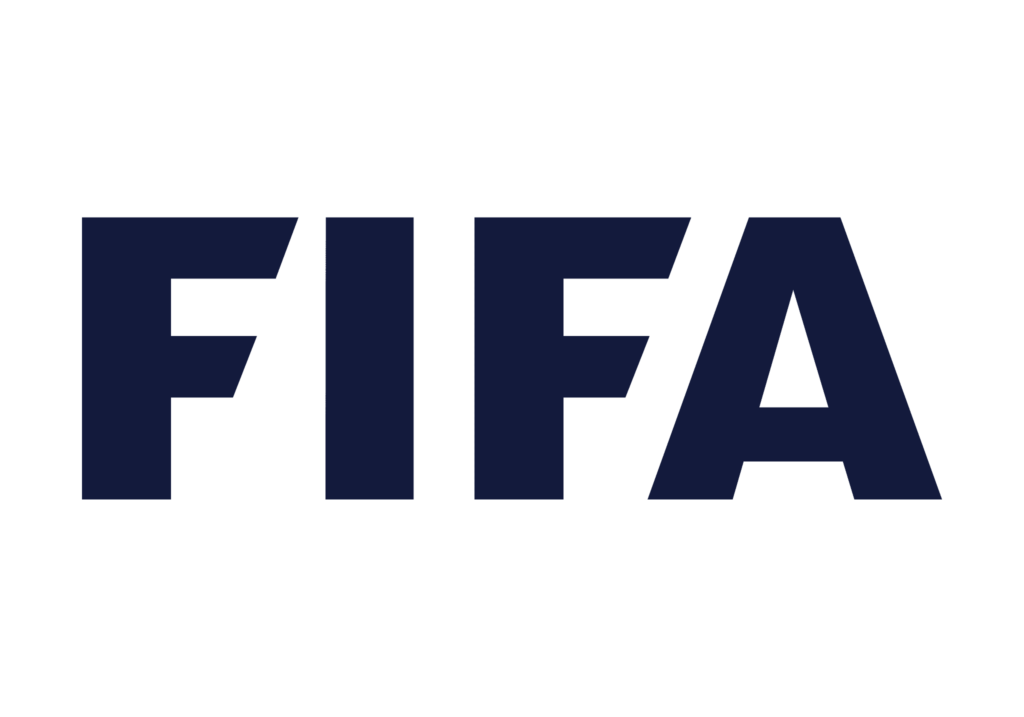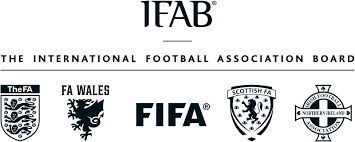The most enjoyable games of football are usually the ones where you don’t notice the referee. But unlike a star player, being almost invisible for 90 mins is the football referee’s main job. Allowing the game to flow and making good decisions that keep the game fair are the referees goal. Recruiting training, managing and selecting elite level football referees is a very important part of football.
Who regulates football referees? Across the globe each football competition will have an appointing authority which is responsible for regulating the referees who take charge of those matches. The FIFA World Cup and its qualifying matches fall under FIFA. The UEFA Champions League and Europa League competitions are regulated by UEFA as are the qualifying and tournament matches for the European Championships. The English Premier League and Football League referees are regulated by ‘Professional Game Match Officials Ltd’ (PGMOL) which was created and is jointly owned by The English FA, the Premier League and Football League. The FA regulate referees themselves for all English lower tier matches outside of the Football League. In the majority of other countries the national Football Association (FA) take responsibility for regulating match officials

It probably seems logical that national Football Associations (FA’s) are responsible for the regulation of it’s national refereeing pool. It’s probably obvious that large organizations like FIFA and UEFA want to hand pick and work with the best referee’s available from these local FA’s to ensure that they get the best performance possible at this most elite level. What may be know to you is that a private company, PGMOL, is responsible for regulating referee’s in the most important games in English football.
What is PGMOL: Football referees
Professional Game Match Officials Ltd was formed in 2001 with a mandate to improve refereeing standards in English Football. The PGMOL group officiates across all the Premier League, English Football League (EFL) and Football Association (FA) Competitions. It was created, owned and funded by all 3 of these organizations.

Currently PGMOL oversees the training, development and mentoring of 117 referees and 177 assistant referees. Led by Mike Riley, Managing Director, himself a former PGMOL referee and a team of managers and coaches.
The PGMOL have around 80 referee’s in their ‘Select Group’ who are full-time professional match officials. These are broken down between;
- Select Group 1 Referees
- Select Group 1 Assistant Referees
- Select Group 2 Referees
- Women’s Select Group Officials
Premier League matches are only officiated by those falling into the Select Group. The most high-profile of these officials are the 22 Select Group 1 referees.
Select Group Officials have a fortnightly training meeting , where they perform physical and technical training sessions, with plenty of recent match video analysis. PGMOL regulates all these officials through a robust process over the full season. The game and it’s tactics are always changing, trends can emerge within seasons that need to be quickly identified and guidance given on how to handle them.
“Each Premier League match is evaluated by a former senior referee who scrutinizes every decision using the match footage and event data to measure the officials’ technical performance. Former players and managers (Match Delegates) assess the accuracy and consistency of decision-making and their management of the match.”
What role does FIFA have in regulating Football Referee’s?
FIFA is the global governing body for football. They are responsible for appointing and regulating the match officials for the tournaments they organize. Namely the men’s and women’s FIFA World Cups and the qualifying rounds that proceed them.

More than that, FIFA are responsible for the laws of the game and how they are applied. While each Nations Football FA or local confederation (UEFA etc) can have some minor differences and interpretations to the laws of the game, The introduction of VAR is a good example here, the goal is for all games of football to largely follow the same set of rules across the globe. This is where FIFA comes in.
In conjunction with the International Football Association Board (IFAB) FIFA is ultimately responsible for the written laws of the game and then these are interpreted by the different local football bodies. FIFA does not act unilaterally on this, they have many task forces and working groups set up to work alongside the local football federations and associations so that the laws can be made from the ground up. The opinions of the people actually on the pitch at matches, referee’s coaches etc are taken into account. It is important to have a unified set of rules that work for everyone.
What is the IFAB and how does it affect referee’s?
The International Football Association Board (IFAB) was created in 1886 to agree standardized Laws for international competition. It is viewed as the Guardian of the laws of football and has been recognised as such by global governing since FIFA was formed in 1904.
The IFAB is a curious entity. Its mandate to protect the laws of the game means it tends to be conservative when it comes to changes to the fundamental written rules. It is made up of a board, in which FIFA holds a 50% majority. The other 50% is made up by the historic creators of football as an organized sport. These are the 4 Football Associations of the UK; England, Scotland, Wales and Ireland. They hold equal 12.5% board seats.

Any changes to the laws of the game need a supermajority of 75% to pass. This means that FIFA’s support will ALWAYS be needed, FIFA cannot itself change the laws of the game without the buy-in from at least 2 of the UK Football Associations. The IFAB is vital to the work of the football referee. While they do not regulate the referee’s in terms of performance, assignment or application of the laws. They do provide the ‘text book’ from which all referee’s must learn the rules of the game.
